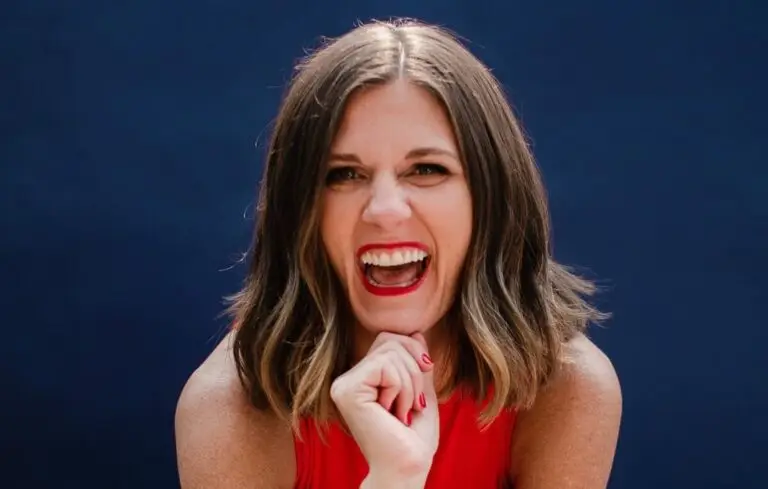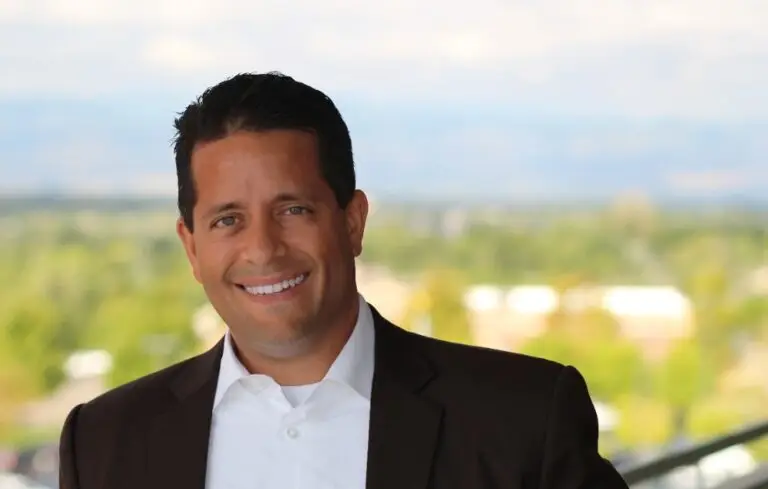
In late October, Ken Frazier was honored at a gala dinner in New York City at the Nasdaq Marketsite. Receiving the award from his peer CEOs, he made the following remarks.
Thank you, Brian [Moynihan], for that very kind introduction. I feel especially privileged to follow in your footsteps.
Thanks to the Nasdaq team for being such gracious hosts tonight.
To Dan Bigman of Chief Executive magazine, to the Chief Executive Group, and the Selection Committee, thank you.
It is an incredible honor to be the second Merck CEO to receive this award, especially since the first went to Dr. Roy Vagelos.
Nearly 30 years ago, Roy gave me the opportunity of a lifetime at Merck when he hired me out of a Philadelphia law firm and provided me with a role working in close proximity to him. In doing so, he helped me understand the role the Merck CEO should play, and I am especially grateful for his mentorship.
This award really stems from the collective achievements of my 70,000 Merck and MSD colleagues all over the world.
From the bench scientist to the manufacturing lead on the factory floor, they come to work every day, motivated to be a part of a team that helps find the next scientific breakthrough. I am grateful to be a part of that team.
Among those Merck colleagues, I want to single out for special thanks to my executive assistant for 30 years, Annette DeRose, who brought order where otherwise there would have been chaos.
I also want to thank Rob Davis, my successor as CEO, and the executive team at Merck, for their collaboration, support, and wisdom.
I would not be standing here … or really be anywhere … without my family … my wife Andréa and my son James, who are here tonight to support me, and my daughter Lauren.
Saying “thank you” to them is an insufficient display of my gratitude. Because of them, far more than any professional achievement, I am blessed beyond measure.
When I became CEO of Merck a decade ago, I was certain of one thing: we had to maintain our commitment to scientific and operational excellence.
That commitment is part of a philosophy that has guided our company for 130 years – summed up by our modern-day founder, George W. Merck.
He said, “We try never to forget that medicine is for the people. It is not for the profits. The profits follow, and if we have remembered that, they have never failed to appear.”
I saw how Dr. Vagelos carried out that mission, making sure that Merck was more than just a vehicle for wealth creation.
Roy proved that business leaders can play a meaningful role in improving society.
Among the many examples: under his leadership, Merck pioneered the Mectizan Donation Program.
This program provides – at no cost – our anti-parasitic medication to people in remote areas of the world who are in danger of losing their sight to a disease called river blindness.
More than 30 years after the program began, river blindness is on the verge of being eliminated in Latin America and has been dramatically reduced in Africa.
Successful businesses can do these great things for society if they stick to a long-term vision, rather than prioritizing shorter term rewards.
When I first became CEO, I faced a difficult choice: cut research funding or withdraw the long-term EPS targets that my predecessor had set.
Research and development are Merck’s lifeblood. To me, it felt wrong to cut our company’s core just for short-term investor gain.
So instead of cutting R&D, I lowered financial targets. Not everyone greeted that decision with enthusiasm.
But when I considered the need to sustain our company’s mission and fortify us for the future, the choice was clear.
R&D will always be a key component of our responsibility to society, a responsibility to improve health around the world.
Our industry – or any industry – will always do better when it does more for the greater good.
We are doing it right now, to help the world recover from the COVID-19 pandemic. Companies are stepping up to the plate with vaccines and therapeutics that are saving lives.
Devoting resources to these efforts has risks. Even with brilliant scientific minds and the right amount of resources, some efforts do not work out.
Thankfully, some do.
Many of you may have heard about the exciting developments for molnupiravir, the investigational oral antiviral medicine we are developing in partnership with Ridgeback Biotherapeutics.
A planned interim analysis from a trial showed this medicine significantly reduced (by half) the risk of hospitalization or death for patients with mild-to-moderate COVID-19.
We have filed for emergency use authorization here in the United States and regulatory approvals around the world to get molnupiravir to patients as quickly as possible.
This treatment is another part of the arsenal our industry has assembled to reduce death and suffering from COVID-19.
It is also part of our outsized mission, one I believe Merck is here on this Earth for: to help relieve human suffering on a mass scale.
To do that, we must take on projects that are long, risky, and expensive – and we have to do our part to help ensure that these treatments get to everyone who needs them.
We have to make tough decisions that sometimes, on the surface, do not make all stakeholders happy today.
Decisions that allow us to reinvest today’s profits into the next life-changing medicine or vaccine.
Merck’s KEYTRUDA is an example of how decisions made long ago can pay off for society in the future.
KEYTRUDA is changing the standard of care for many types of cancer.
But it is the product of research and choices made many years ago.
In fact, it almost didn’t come to be. We took it off the shelf and gave it new life.
These decisions are never easy. But successful companies can make them if they stick to a course that aligns with society’s needs and that delivers value both today and tomorrow.
Increasingly, society is looking to business to help shape a better world. People rightly want businesses to share their common values.
I welcome this, because it fits with what I have been working on my entire professional life:
To seek equity and justice.
I feel a special responsibility to this because of opportunities I was given as a young boy.
I grew up in what one could say was a tough neighborhood in North Philadelphia.
I was one of the few children from the inner city put on a bus and made to ride 90 minutes a day to another school.
That meant I received a much more rigorous education than I otherwise would have. For me, it closed a huge opportunity gap.
But that desegregation effort did not deal with a more systemic and broader problem: the lack of quality education in the inner city.
That problem still exists.
The fact of the matter is that barriers faced mainly by Black and Latino Americans create tremendous opportunity gaps.
People may want to believe that we live in a color-blind society. But we do not. We have customs, beliefs, practices, and policies that lead to inequity.
Companies like ours should take on the mission to address these problems. It is the right thing to do for the world … and for business.
We know at Merck that the greatest inventions come from diversity of thought and a variety of perspectives.
To truly meet all of humanity’s health care needs, we have to be able to appreciate in full the life experiences and identities of the diverse people and communities we serve.
So, we must take down artificial barriers to advancement. We have to bring the best talent into the room, regardless of what it looks like.
This is about much more than hiring. It’s about breaking down structural disadvantages and creating greater equity.
All of us benefit when we bring more opportunity to those who haven’t had it.
That’s the vision behind OneTen, a coalition I co-chair, that aims to provide one million careers for Black Americans over the next 10 years.
We will change how we do business, how we recruit, and how we look at jobs, in order to close the opportunity gap.
This mission to create a more equitable society is a calling, a calling to share responsibility for each other and for our children.
Taking this moral stand is riskier. It goes against the pragmatic benefits of being uncontroversial.
But I am reminded of the words of the prophet Isaiah:
“And if you spend yourselves in behalf of the hungry and satisfy the needs of the oppressed, then your light will rise in the darkness, and your night will become like the noonday.”
In too many places, it is still night. We must fight, together, to turn that night into noonday.
This fight is completely compatible with doing well in business… because a more just world is a world where more people flourish.
That’s a world I want to be a part of, and I want to do my part to help create for generations to come.
Thank you again – I am especially honored and privileged to accept this recognition on behalf of my colleagues at Merck.
###






